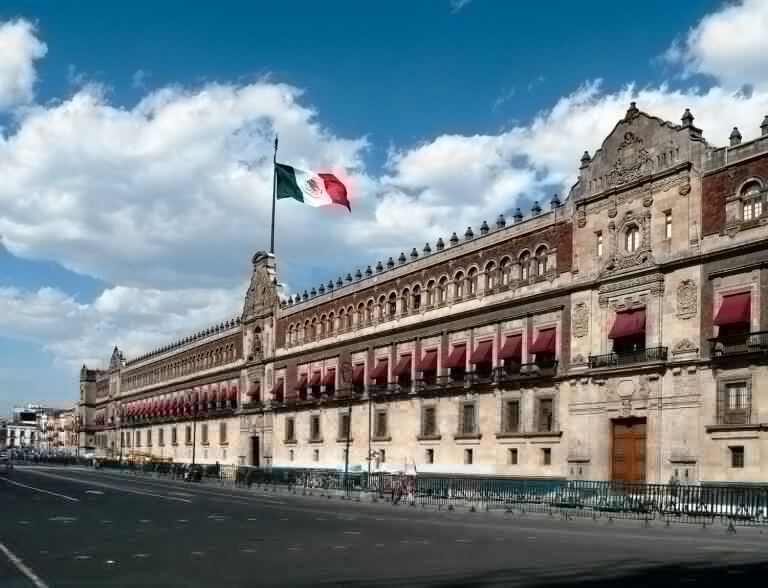Content Library
Don’t just take our word for it. There’s a reason Sovos products are used by over half the Fortune 500 and the world’s smartest companies.

In 2008, Brazil adopted a clearance electronic invoicing model in which the country’s tax authority must receive and clear an invoice before a supplier can issue it to a payer. More than a decade later, the Brazilian tax administration’s digitization has evolved so much that other tax administrations call Brazil the Google of fiscal goods. Current regulations include electronic invoices for: supplies of goods (NF-e), services (NFS-e), transport services (CT-e), freight (MDF-e), SPED, REINF and, more recently, for the supply of electricity (NF3e). This document provides an overview of the mandates and regulations in Brazil.

Mexico is a pioneer in electronic invoicing and VAT enforcement, having begun its digitization journey in 2010. Today, Mexico has
one of the most technologically advanced tax administrations in the world. Companies unaware of or unprepared for Mexican
e-invoicing mandates could face significant fines and penalties, along with supply-chain disruptions and cash-flow issues. This
document provides an overview of mandates and regulations in Mexico.

Mandated e-invoicing and tax reporting requirements in Latin America make SAP implementations in this region more complex than anywhere else in the world. Here we examine the Top 10 Hurdles to Implementing SAP in Latin America. Despite these challenges, it’s important that compliance is managed wholly within your ERP – housing data and reports elsewhere […]



